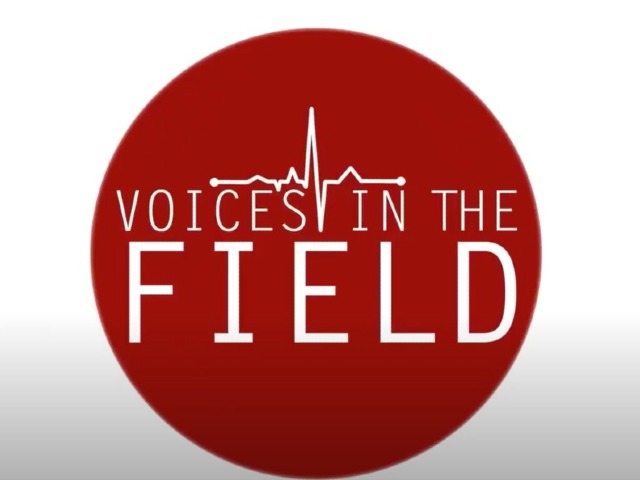Voices in the Field: Eva Zhang
Date:11 May 2020
In celebration of her PhD defence, Voices in the Field interviewed Eva Zhang about her experience as a researcher specialising in the right to health in China.
Protecting Households’ Access to Essential Services in Times of COVID-19
Date:05 May 2020
Marlies Hesselman - Nearly two months ago, two Chairs of US House Committees observed that ‘[a]ccess to clean water is a basic human right at all times’
De Wereldgezondheidsorganisatie: het beste wat we hebben
Date:23 April 2020
Brigit Toebes - Landen werken al anderhalve eeuw samen als het gaat om de bestrijding van infectieziekten. Sinds de 19e eeuw bestaan hiertoe internationale ‘sanitaire’ regelingen. De uitbraak van het coronavirus (COVID-19) wordt gereguleerd door de recente Internationale Gezondheidsregeling, die sinds 2007 bindend is voor alle landen ter wereld.5 Deze Regeling is aangenomen in het kader van de Wereldgezondheidsorganisatie (WHO i), het gespecialiseerde orgaan van de Verenigde Naties dat toeziet op de bescherming van de mondiale gezondheid.
Covid-19, Privatisation of Health Care and the AAAQ Framework
Date:27 March 2020
Gema Ocaña - Media across the globe have warned of the incapacity of health care systems to cope with the COVID-19 pandemic.[1] The privatisation of health care systems and the cuts in public health budgets, especially in the aftermath of the 2008 financial crisis, are widely cited as the main reasons for such incapacity. This short piece asks: How the privatisation and underbudgeting of health care systems can affect our ability to respond to the pandemic caused by coronavirus? Does international human rights law have a role to play in this context?
Public Health and the European Court of Human Rights: Using Strasbourg's Arsenal in the COVID-19 Era
Date:27 March 2020
Aikaterini Tsampi - The European Convention on Human Rights (ECHR) and the case-law of the ECtHR will inevitably be largely used to provide for human rights law arguments for the screening of the COVID-19 related response. The scholarly analysis issued so far already builds on ECHR law (see, indicatively, Coghlan, Spadaro). Given the versatile impact of the COVID-19 related measures on a considerable number of human rights, numerous ECtHR cases can be used as guidance for the assessment of the current situation.
Refugees and the global response to Covid-19
Date:26 March 2020
Nadine Voelkner - According to UNHCR figures (25.03.2020), there are currently a staggering 70.8 million forcibly displaced people worldwide. Among them, 25.9 million, half of whom are under the age of 18, have crossed international borders and are, therefore, designated as refugees. The 1951 Refugee Convention theoretically safeguards the right to health for refugees, which includes access to public health services and essential medicine equivalent to the level of citizens of host countries.
Protection from COVID-19: a Right to Health
Date:26 March 2020
Nikee van der Gouw - In recent years, research has shown that international non-vaccination rates have contributed to currently increased rates of infection. The spread of the new respiratory disease COVID-19 has led to governments taking precautionary measures in order to ‘flatten the curve’ or, in other words, lift the burden on hospitals by slowing down the virus’s infection rate.
COVID-19 threatens more than you think
Date:24 March 2020
David Patterson - Democratic societies require freedoms of expression, movement, association and access to information to function – without free access to information and the right to challenge government action publicly and through the courts, democratic freedoms lose meaning.
COVID-19 outbreak is a matter of international law and human rights
Date:24 March 2020
Brigit Toebes - The outbreak of the COVID-19 virus is a matter of international law and human rights. The World Health Organization (WHO) should have more legal and financial capacity to act in the event of such an outbreak. It is too early to assess whether countries act proportionately in the light of human rights. A human rights based approach should be a standard component of interventions aimed at combating infectious diseases.
Protecting Human Rights by Limiting Them: The Strategy to Combat Covid-19
Date:23 March 2020
Ratna Juwita - The world is facing an unprecedented global health challenge in the 21st century: Covid-19. Covid-19 has reshaped our understanding of the ways we combat viruses. Since its initial detection in Wuhan in late 2019,[1] Covid-19 has infected people globally.[2]



